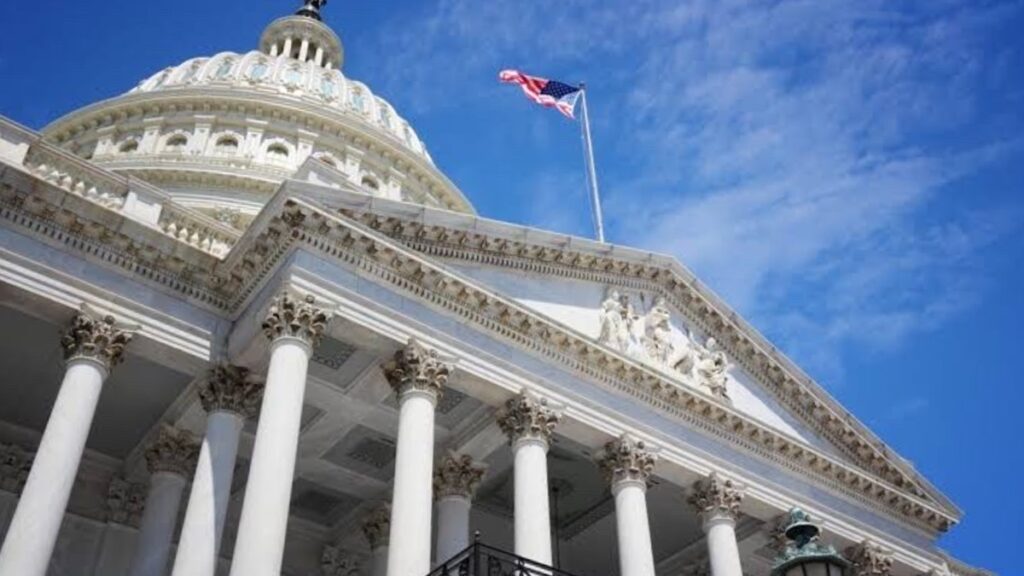The Financial Innovation and Technology for the 21st Century Act (HR 4763), or FIT21, is scheduled for a vote in the U.S.

In order to establish a clear regulatory framework for digital assets, this measure aims to define the roles of the Securities and Exchange Commission (SEC) and the Commodity Futures Trading Commission (CFTC), thereby clarifying cryptocurrency legislation, according to a letter from a16z.
The measure is viewed as a crucial step toward regulatory clarity, notwithstanding some sector worries about the stringent standards for decentralization and possible jurisdictional overlaps.
The bipartisan legislation has the support of the House Committee on Agriculture and the House Committee on Financial Services. FIT21 seeks to define which digital assets are regulated by the CFTC as commodities and which by the SEC as securities.
The law aims to designate an asset as a security in the event that the underlying blockchain is not sufficiently decentralized. Additionally, the bill suggests consumer protections for cryptocurrency exchanges, like regulations for disclosure, lock-up periods for token insiders, and the separation of customer assets.
Because U.S. regulations are still unclear, the SEC has taken the lead in regulating the cryptocurrency business and has taken several enforcement proceedings against companies involved in the sector.
Its legal proceedings against the exchanges Coinbase and Binance have demonstrated some of these tactics. In response to the lawsuit against Coinbase, the exchange argued that the SEC had overreached by designating cryptocurrencies listed on the platform as securities, and the business is currently attempting to have the action dismissed.
According to Binance’s CEO, banks withdrew their backing from the exchange as a result of the firm’s litigation against the SEC. He claimed there were major disruptions in operations.
With its litigation currently in the remedies phase, Ripple has also persisted in its fight against the SEC. The larger crypto community, which is in favour of more explicit regulations, has denounced these enforcement measures.
The House Financial Services Committee declared on May 10 that it would examine the FIT21 Act. The importance of the FIT21 Act in clearing up enduring regulatory issues was emphasized by House Financial Services Committee Chairman Patrick McHenry. U.S. Representative Patrick McHenry stated:
“For far too long, the U.S. digital asset ecosystem has been plagued by regulatory uncertainty that has stifled innovation and left consumers unprotected.”
In the past, it was revealed that Congress was encouraged by CFTC Chairman Rostin Behnam to establish more precise guidelines for cryptocurrency laws, emphasizing the necessity of filling in regulatory gaps.
